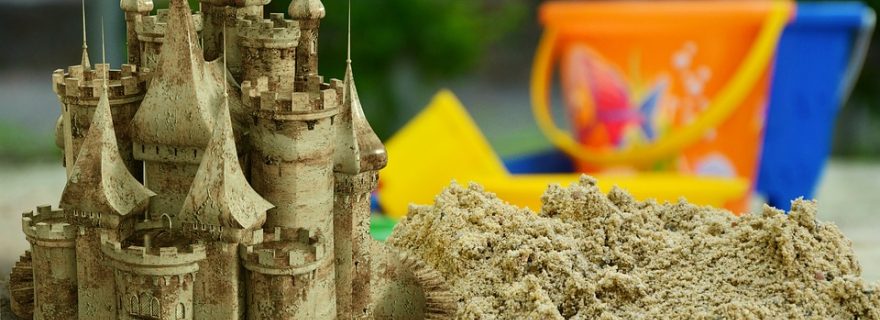Discovering your talents
Do you feel you are a talented and successful person? Could you name your five greatest talents, if asked? Most people find this quite difficult. Find out whether talent is a prerequisite for success, and read about six ways to discover your talents.
Is talent a prerequisite for success?
Talent can be defined as a natural ability to do something. We all know someone who has a natural gift of this kind: that person who can draw the most beautiful portraits or has an exceptional singing voice. To some, this definition of talent may sound frighteningly deterministic: can you only be successful if you have a natural gift for something? Luckily, there are other factors that contribute to success, such as effort: the degree of activity you invest to achieve your goals. You could even say that without effort, your talents are wasted: they will not develop further or help you to achieve your goals. To be successful, it is also important to realize what your goals are and to really want to achieve them (i.e., to be ambitious). So, even though talents may be very important to succeed, most would agree that it is only when combined with effort and ambition that your talents will really blossom, leading to success.
Six ways to discover your talents
1. Think about activities you really enjoy in daily life
What are the activities you really enjoy in daily life? Which activities do you enjoy most in at work? Do you like presenting, writing, or motivating others? And what about your leisure time? Do you like cooking, taking part in sport, talking to others, reading? And what is it about these activities you like so much?
2. Think about which abilities or skills come naturally to you
We know that talents can be defined as natural gifts. So where do your gifts lie? If you find this difficult, try to phrase it differently: what things do you find very easy to do, whereas other people find them more difficult? What do you naturally focus on in the world around you? Are you for example very focused on the emotions of the people around you and how to make others happy? Then empathy may be one of your talents!
3. Ask others what they admire in you
It can be very difficult to think about your own talents. Some people feel there is so much room for improvement that they don’t feel talented at all. However, people around you can probably tell you what they admire in you. For example, your family may tell you how much they appreciate the fact that you always make time for them and that they can always rely on you. Or your co-worker may be very impressed with your creativity or perseverance. The fun part about asking others is that they may come up with things you never thought of yourself, even though they may indeed reflect your talents.
4. Think back to compliments you have received from colleagues, family, and friends
If you don’t have any opportunity to ask others about what they admire in you, you can also think back to compliments you’ve received. What did your boss compliment you on during your last evaluation? And have your friends or family given you a compliment lately?
5. Think about or ask your parents what your favorite activities were as a child
Often, our talents emerge in activities we like from childhood onwards. Perhaps you were very keen on keeping your room tidy, a first indicator of your organizational skills. If you find it hard to recall your talents, ask your parents or grandparents what they remember about your favorite childhood activities and whether they think this translates to a current talent in work or daily life.
6. Think of what can you endlessly talk about
Do you ever notice your friends or colleagues sighing when you start yet another discussion about a certain topic? If you can talk endlessly about a subject – for example about how people interact, or about photography, or sports – that may be an indicator that one of your talents is associated with it. For example, if you like talking about interactions between people, perhaps you are very good at spotting and interpreting group dynamic processes.
Using your newly discovered talents
Hopefully, reading the six steps above will have helped you become more aware of some of your talents. Maybe you need some additional steps to discover them: try actually talking about them to others (e.g., friends, family, colleagues, a coach or counselor) and asking what they think. Although recognizing your talents can be the first step to achieving success, it is also good to think about whether you are already using your talents in your work or personal life. You could also set specific goals to make better use of your talents, or further improve your abilities by putting in some extra physical or mental effort. With this blog, I challenge you to discover your talents! Feel free to share your discoveries in the comments section below.
This blog was inspired by a visit to the Faculty of Social and Behavioural Science PhD Career Event 2018: Explore your Career Options, and specifically the ‘Talents in Focus’ workshop given by Ine Alberts and Yvonne Dexel, career coaches at Universiteit Leiden’s career service.





